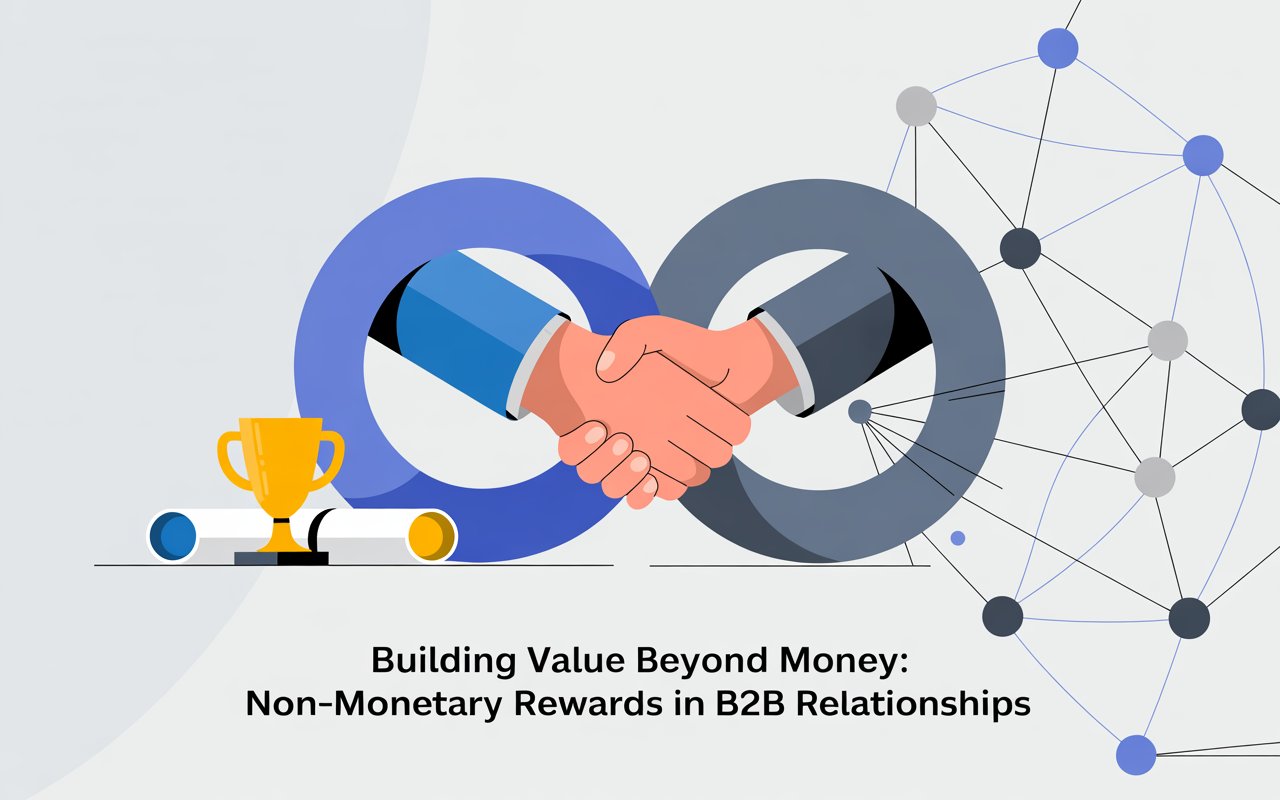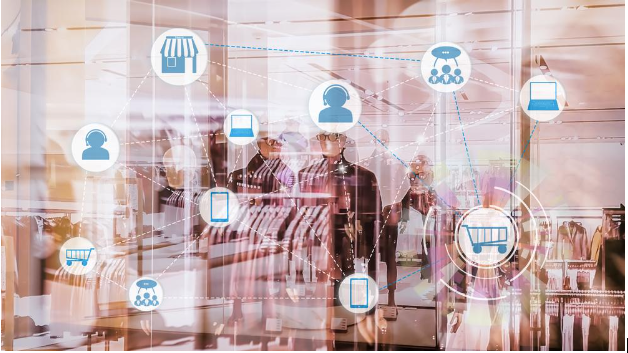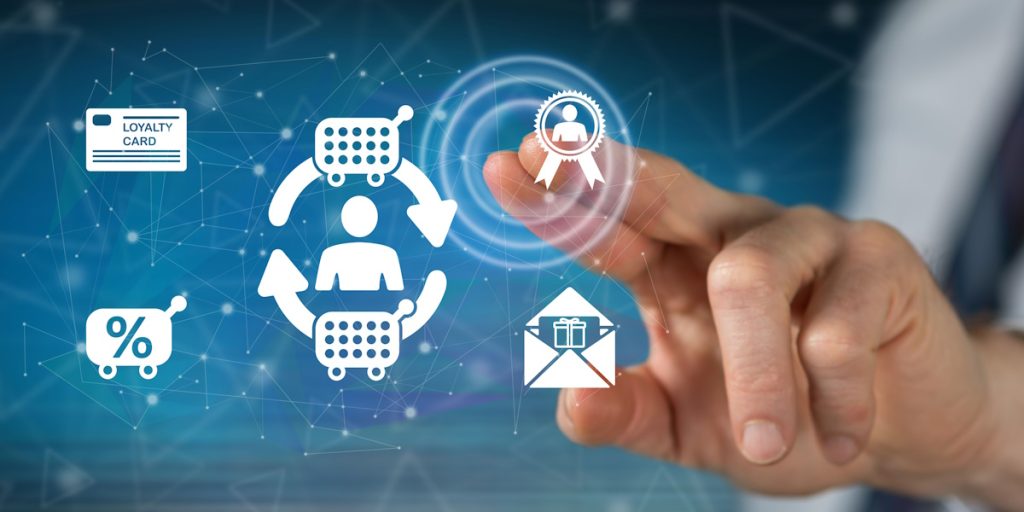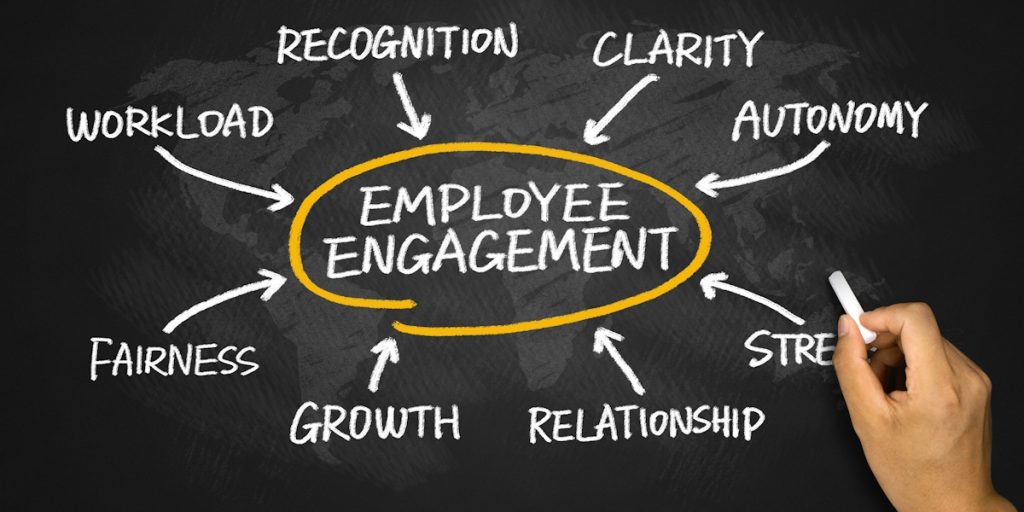Strong business partnerships are built on trust, value, and recognition. While financial incentives play a role in keeping clients engaged, they are not always enough to create lasting loyalty. This is where non-monetary rewards in B2B relationships make a difference. They help businesses show appreciation in ways that feel personal, meaningful, and memorable.
Non-monetary rewards go beyond discounts or cash benefits. They focus on recognition, experiences, and appreciation that strengthen connections between partners. When businesses use thoughtful recognition programs, they create stronger bonds, improve collaboration, and encourage long-term growth together.
Why Non-Monetary Rewards Matter in B2B
In B2B partnerships, success relies on more than just transactions. It depends on long-term trust, shared goals, and continuous engagement. Non-monetary rewards are powerful because they make clients and partners feel valued on a personal level.
Unlike monetary rewards that can quickly lose impact, non-financial gestures such as public recognition, exclusive experiences, or tailored services create deeper emotional connections. These approaches also support B2B loyalty strategies that focus on retention rather than constant acquisition. By showing appreciation in meaningful ways, businesses set themselves apart in crowded markets.
Types of Non-Monetary Rewards That Strengthen Relationships
Different rewards can be applied depending on the type of client or partner. The goal is to select methods that align with business values and client expectations.
1. Recognition and Appreciation
Simple gestures like personalized thank-you notes, spotlighting a partner’s success on social media, or acknowledging achievements in meetings build goodwill. Recognition creates a strong foundation for B2B relationship building and helps partners feel respected.
2. Exclusive Access and Experiences
Providing early access to products, invitations to private events, or priority support can be a valuable reward. These experiences enhance client engagement strategies without relying on cash or discounts.
3. Learning and Growth Opportunities
Offering training programs, industry insights, or knowledge-sharing sessions positions a business as a true partner. This type of non-monetary incentive strengthens collaboration and keeps clients connected over the long term.
4. Personalized Communication
Sending customized updates, birthday greetings, or tailored newsletters shows a deeper level of care. These gestures help businesses stand out by demonstrating attention to detail.
5. Thought Leadership and Industry Recognition
Inviting partners to co-host webinars, contribute to thought pieces, or be featured in industry reports highlights their expertise. It’s a reward that builds credibility while strengthening bonds.
6. Social Impact and Sustainability Rewards
Supporting charitable causes on behalf of clients or inviting them to join sustainability initiatives can be a powerful way to reward without money. Many businesses value impact-driven gestures more than financial perks.
7. Peer Networking Opportunities
Creating exclusive networking groups, forums, or roundtables allows clients to connect with peers and industry leaders. These opportunities strengthen loyalty while adding value beyond a traditional partnership.
How Non-Monetary Rewards Support Retention
Retention is one of the most critical goals in B2B partnerships. Acquiring new clients is often more costly than retaining existing ones, which makes appreciation strategies a smart investment.
Building Emotional Connections
When clients feel recognized through meaningful, non-financial gestures, they are more likely to stay committed to the partnership. Emotional loyalty often lasts longer than transactional loyalty.
Encouraging Long-Term Contracts
Businesses that consistently provide value through experiences, recognition, and collaboration often see higher contract renewal rates. This stability leads to predictable growth and stronger pipelines.
Reducing Churn and Competition Risk
Clients who feel undervalued are more likely to switch to competitors. Non-monetary rewards act as a buffer against churn by reinforcing why the partnership is valuable beyond price.
Increasing Advocacy and Referrals
Happy clients don’t just stay—they often recommend their partners to others. Public recognition, thought leadership opportunities, and exclusive events encourage advocacy, leading to organic growth.
👉 See how customer retention strategies for B2B reduce acquisition costs and strengthen loyalty.
Integrating Non-Monetary Rewards into B2B Incentive Programs
Non-financial recognition works best when it becomes a part of structured B2B incentive programs. A well-designed program includes a balance of both financial and non-financial elements to create maximum impact.
When building such programs, businesses should:
- Align rewards with client values and interests.
- Ensure consistency in recognition to avoid one-off efforts.
- Track the effectiveness of rewards in supporting loyalty and retention.
- Communicate appreciation clearly and authentically.
Practical Examples of Non-Monetary Rewards in B2B
- A software company offering free strategy workshops to its top partners.
- A manufacturing firm inviting key clients to behind-the-scenes facility tours.
- A logistics provider recognizing its best-performing partner with a feature in its newsletter.
- A consulting firm hosting an invite-only roundtable for decision-makers in their client network.
These examples highlight how businesses can embed non-financial appreciation into their day-to-day interactions.
Final Thoughts
The real power of non-monetary rewards in B2B relationships lies in their ability to create emotional connections that money cannot buy. While financial incentives remain important, adding personal recognition, growth opportunities, and exclusive experiences can transform a partnership from transactional to long-lasting.
By focusing on appreciation and meaningful gestures, businesses can strengthen B2B loyalty strategies, improve relationship building, and support long-term success. Non-monetary rewards remind partners and clients that they are more than just numbers on a balance sheet—they are valued collaborators.
Could Adding Non-Monetary Rewards Strengthen Your Retention And Loyalty Strategies?




